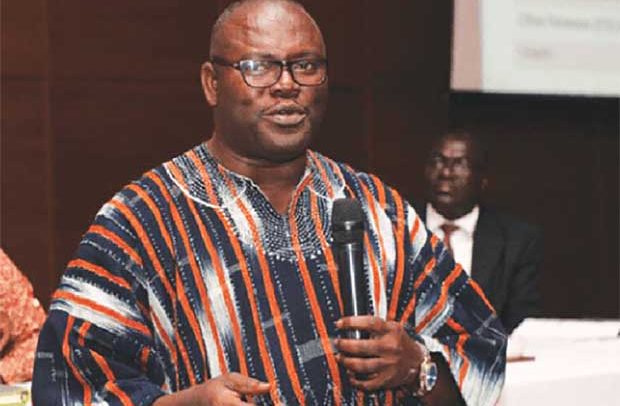Abdallah Ali-Nakyea
A tax consultant, Abdallah Ali-Nakyea, has called for the passage of a mineral revenue management law to guide the disbursement and utilization of revenues from the country’s mining sector.
He stressed that Parliament must pass the law to replace the Minerals Development Fund Act, 2016 (Act 912).
He also called for the establishment of a Mineral Revenue Holding Fund with a clear formula for distributing mineral revenues between the Central Government and mining communities.
The mining sector has been the major contributor to the growth and development of Ghana.
The mining and quarry sector contributed $1.35 billion and $1.65 billion in 2015 and 2016 respectively.
However, over the period that the country had been mining, there has not been any framework to govern the receipts and expenditure of revenues which need urgent attention.
Mineral revenues have over the years been used for recurrent expenditure rather than investments, therefore limiting productivity and worsening the impact of mining on growth and development.
Mr Abdallah Ali-Nakyea was addressing members of the Institute of Financial and Economic Journalists (IFEJ) at a two-day workshop in Koforidua in the Eastern Region.
“There is the need for parliament to enact a comprehensive mineral revenue law similar to the Petroleum Revenue Management Amendment (PRMA) Act to replace the Minerals Development Fund Act, 2016 (Act 912),” he added.
He also suggested that there should be clear rules and procedures on when, where and how the revenues in designated funds or accounts are allocated, and same should be subject to parliamentary approval.
Mr Ali-Nakyea mentioned that the mining communities’ share of the mining revenues should be transferred to the District Assemblies for community development.
“The amount should be disbursed in the same or progressively revised manner as currently enforced under the Mining Community Development Scheme in the Act 912,” he added.
He stressed the need for central government to transfer only 60 percent of the balance standing in the Sovereign Mineral Fund to the Annual Budget whilst the rest is invested in qualifying instruments to be used in times of revenue shortfalls.
He indicated that in times of revenue shortfalls, the withdrawal from the Stabilization or Sovereign Wealth Fund should not be excessive to affect the liquidity of the fund and fiscal sustainability.
He pointed out that the Bank of Ghana should have the mandate for the operational management of all funds and accounts created under the proposed law.
From Emmanuel Opoku, Takoradi


